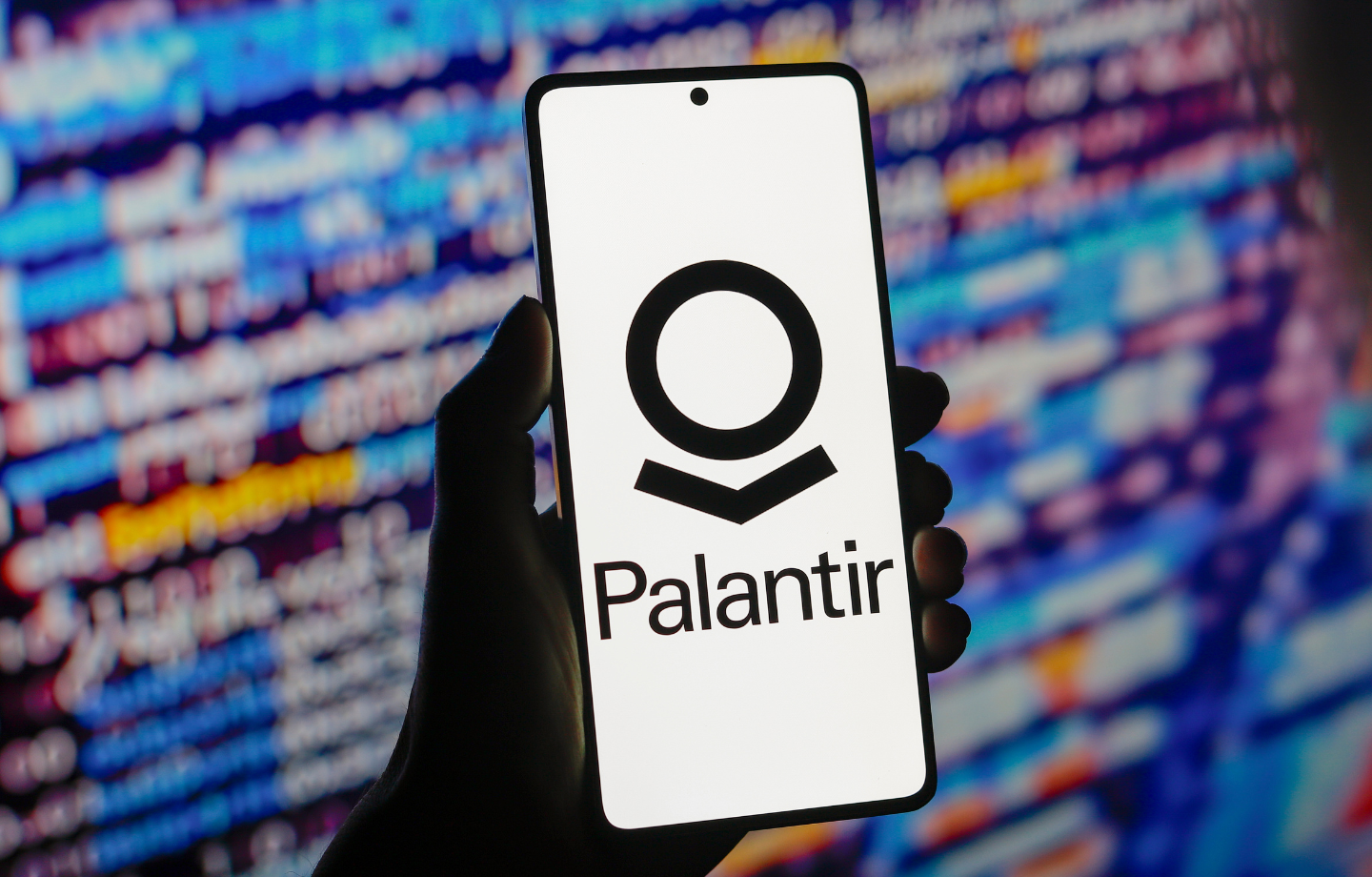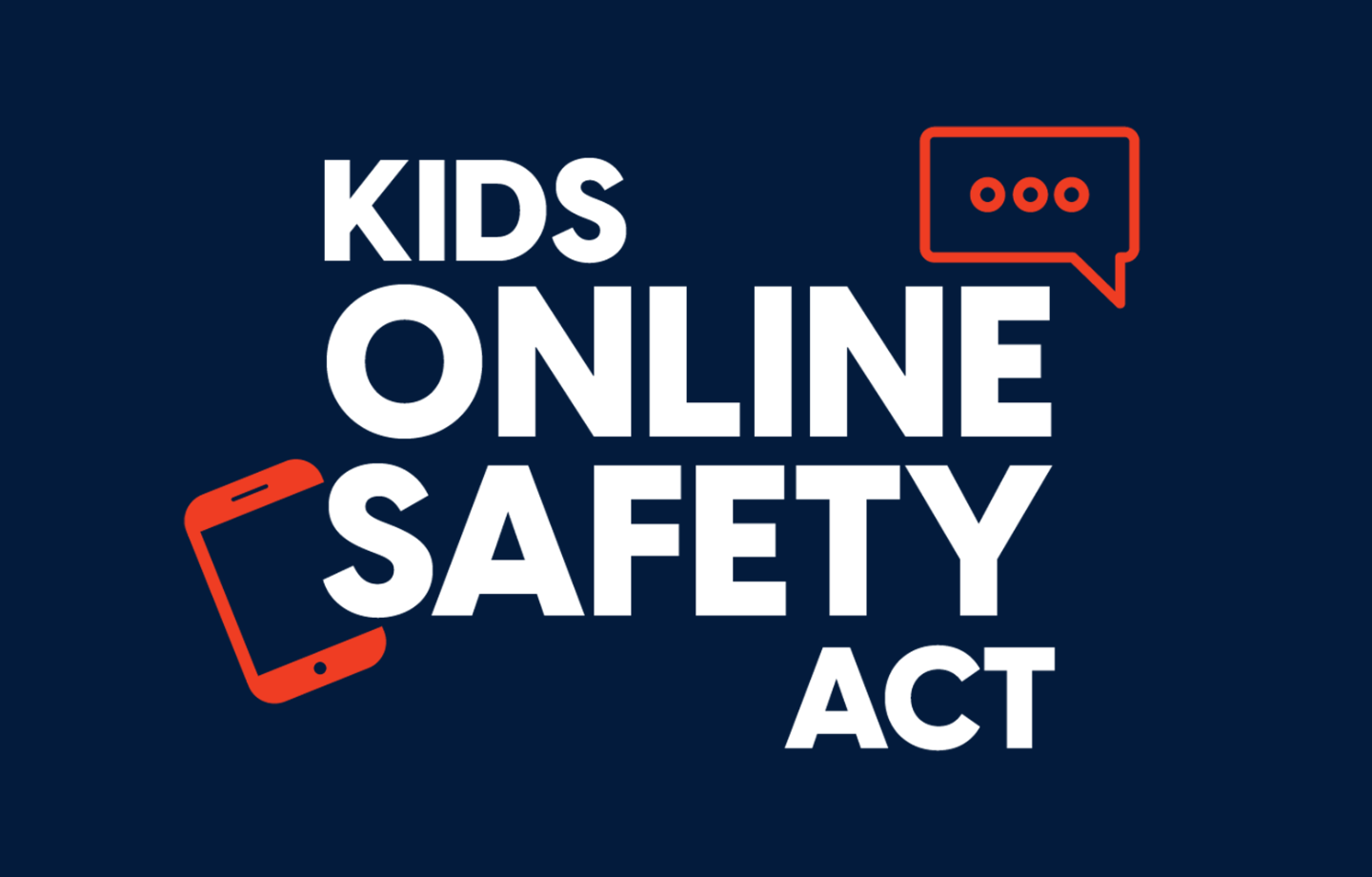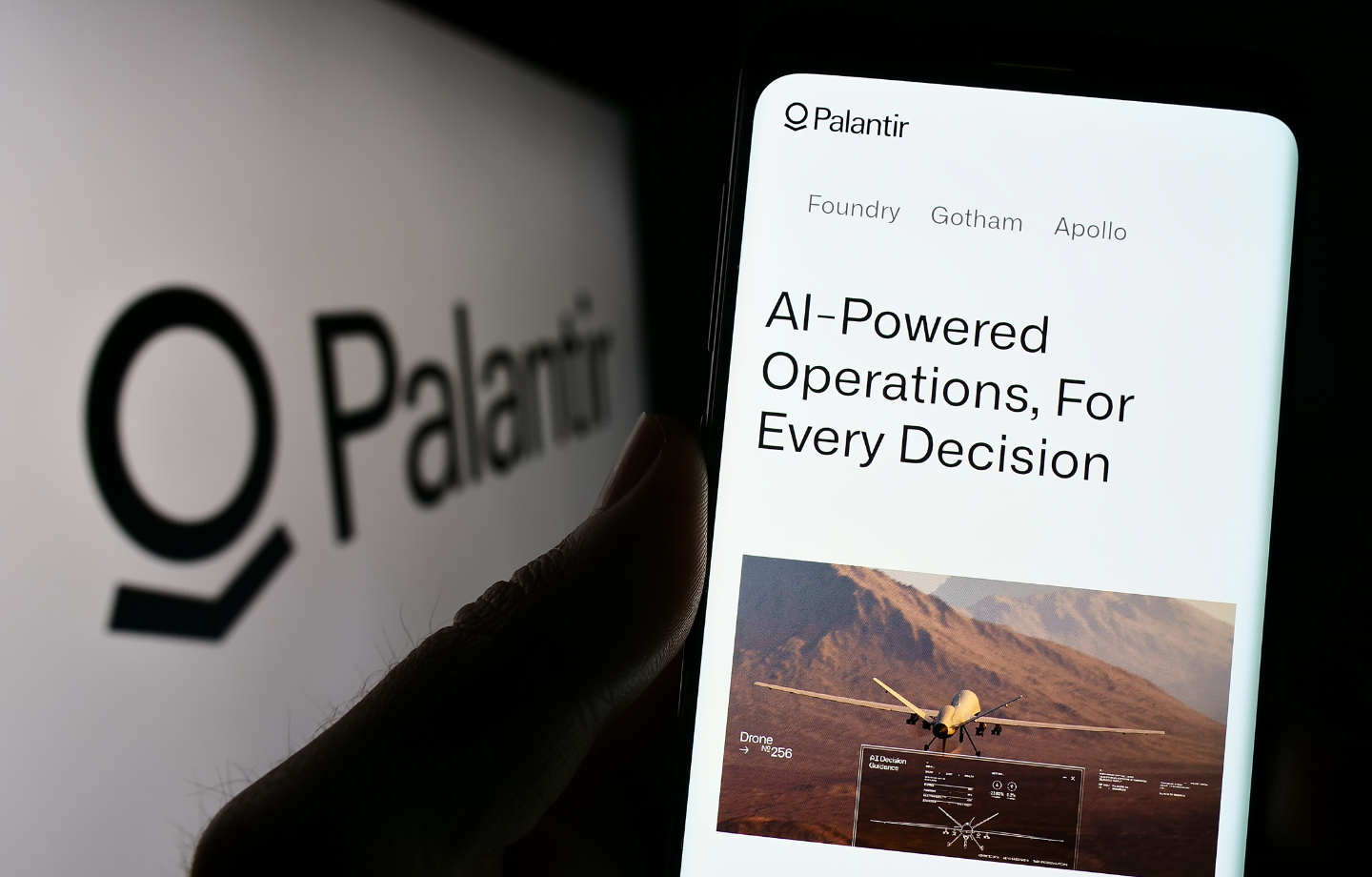Politics in Messaging Apps: Preliminary Results from a Multinational Survey

July 20, 2024
Messaging platforms, such as WhatsApp, Telegram, and Viber, market themselves as spaces for private conversation among family and friends. But these apps increasingly serve as arenas for intense political activity, including electoral campaigns. Given that 2024 is the biggest election year in history, our Center has embarked on a study of how political operatives are exploiting the features and relative secrecy of end-to-end encrypted messaging apps to manipulate public opinion.
As part of this study, we conducted a survey* in nine countries to understand the prevalence and influence of political content in popular messaging apps. The survey results, gathered from 4,586 respondents, reinforced our decision to study the political implications of these platforms. Some of the findings include:
- People use messaging apps very frequently, sometimes incessantly. 36% of respondents said they use messaging apps several times per hour, 40% use them several times per day, and 20% said they use them daily. Only 5% said they rarely use them. Large portions of the population consider these apps essential for communicating with family and friends. In Mexico, Indonesia, and Brazil, half of respondents said they need messaging apps to stay connected with family and friends—likely because they offer cheap or free modes of messaging.
- Messaging app users receive large volumes of political content from people or accounts they don’t know. Of those users who reported receiving political content via messaging apps in the last year, 54.5% said the content came from people or accounts they did not recognize. Often, the political content spreads through forwards and in large group chats. According to the survey, forwarding of political messages is particularly common in India, Indonesia, Brazil, and the Philippines. Dissemination of political content in large groups (more than 1,000 people) is most common in Turkey and Hungary. People are frequently added to group chats without their consent and then bombarded with political messages. This happened among more than 45% of respondents in South Africa and India.
- In some countries, large portions of respondents believe political content shared on messaging apps has impacted their political opinions or beliefs. This finding was most prevalent in India, South Africa, Indonesia, and the Philippines, with over half of the population in each country reporting being significantly or somewhat influenced by political content on those apps.
- Messaging app users overwhelmingly (more than 90%) want to be able to report problematic accounts or content, but they rarely (12%) do so. They also wish to be able to consult with disinformation tiplines or fact-checking services when they encounter potentially misleading political content, but they very rarely do so.
Beyond underscoring the relevance of messaging platforms to politics, the survey results pointed to potential avenues for intervention. Accordingly, our forthcoming report, to be published in collaboration with the University of Texas at Austin’s Center for Media Engagement, will offer a series of concrete recommendations for messaging platforms, policymakers, and researchers to help mitigate political manipulation efforts on messaging platforms without undermining the privacy guarantees of end-to-end encryption.
*The survey was made possible by a generous gift from Peter A. Horvitz.
 Technology & Democracy
Technology & Democracy


